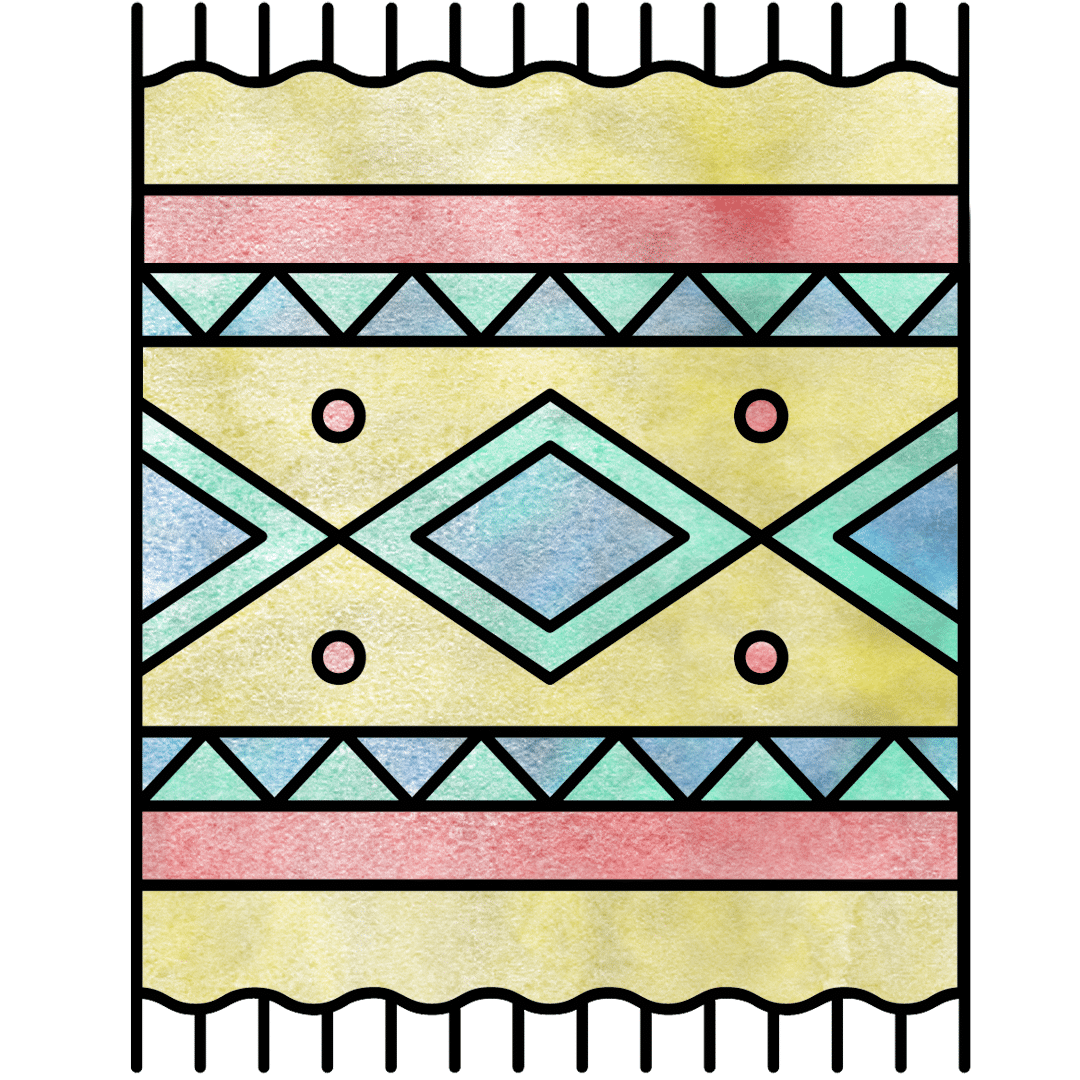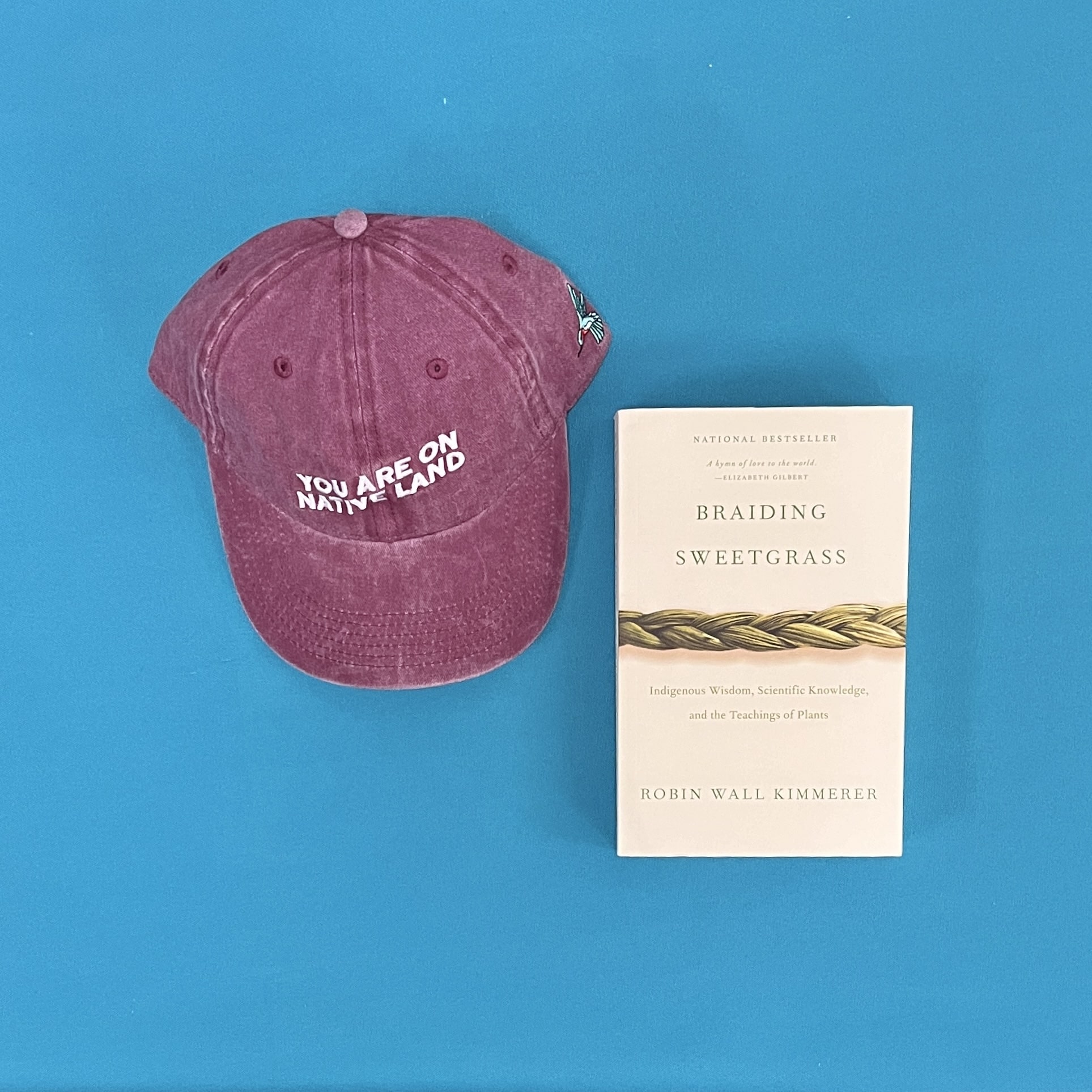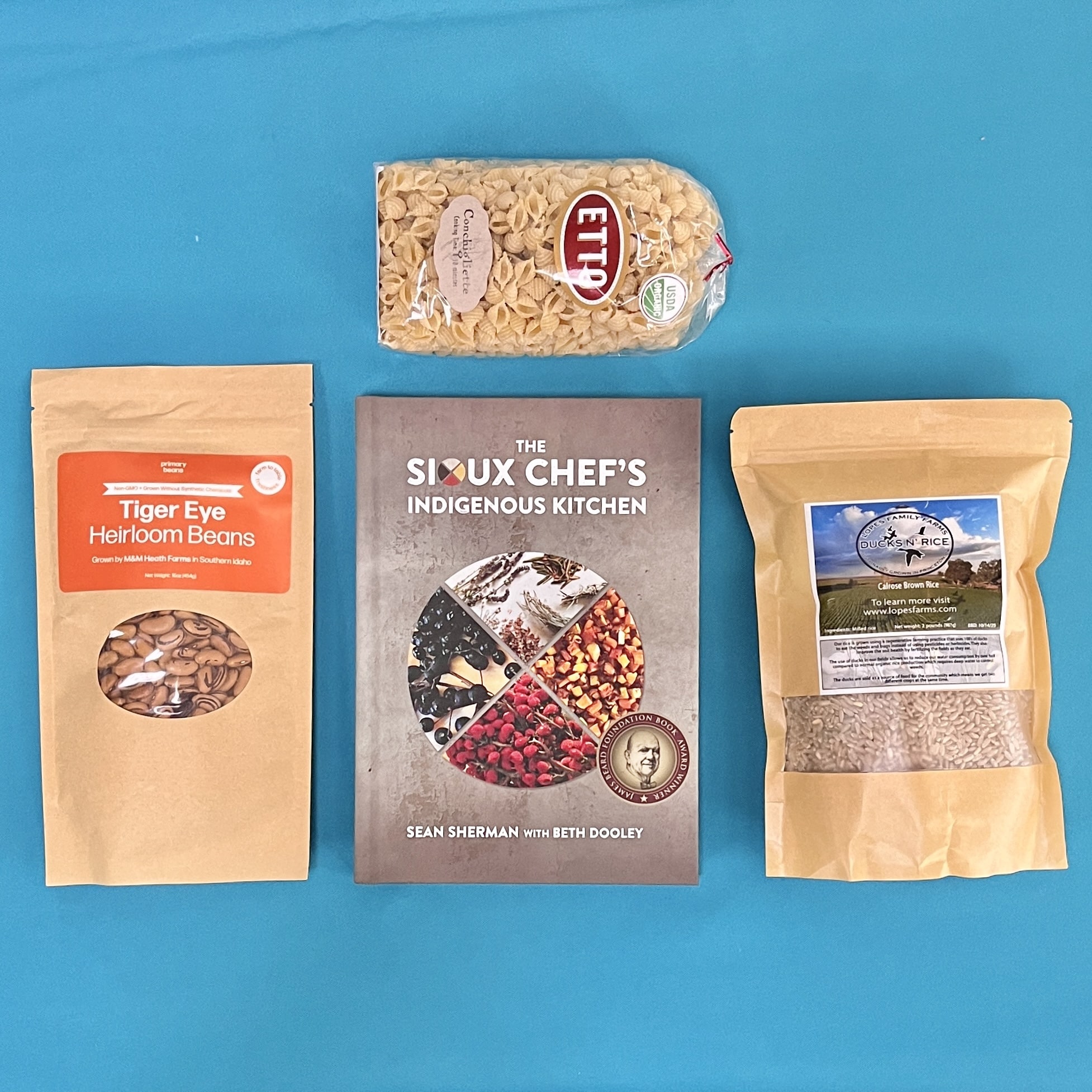
For millennia, Indigenous peoples have cared for lands, waters, and skies, sustaining life through deep knowledge and enduring traditions. Despite centuries of colonization, land theft, and systemic discrimination, Indigenous communities continue to defend their territories, revitalize cultures, and lead movements that protect both people and planet.

At the heart of Indigenous resilience is Traditional Ecological Knowledge (TEK): the knowledge, practice, and belief about relationships between living beings and their environment, developed over hundreds or thousands of years and passed down through generations. TEK now informs wildfire management, water restoration, and carbon storage projects around the world. Practices include crop rotation, selective harvesting, traditional hunting, and cultural burns — low-intensity fires guided by traditional knowledge that restore soil nutrients and reduce wildfire risk. Rooted in observation and mutual respect, these methods sustain biodiversity, build climate resilience, and offer proven solutions for a warming planet.
For Indigenous communities, land is more than a resource — it is identity, culture, and spirituality. Losing access to ancestral territories disrupts food systems, ceremonies, languages, and the passing of knowledge to future generations. Yet extractive industries like oil and gas continue to threaten these sacred connections. Projects like fracking and pipeline development not only damage ecosystems but also challenge Indigenous sovereignty, as seen in the Dakota Access Pipeline conflict.
Indigenous movements around the world are working to defend their rights and lands. In 2017, the Ponca Nation became the first tribe to pass a Rights of Nature law, banning fracking on their land. By 2022, they extended those legal protections to two rivers. Since then, many Indigenous nations have won similar victories, demonstrating strong leadership in protecting the Earth. In 2025, Canada committed $300 million to one of the world’s largest Indigenous-led conservation projects, reflecting a broader shift toward co-governance.
Networks such as the Indigenous Environmental Network amplify these voices globally, advancing sustainable practices, sovereignty, and climate justice. International agreements like the UN Declaration on the Rights of Indigenous Peoples support these efforts by providing legal and political tools. Organizations such as the Pachamama Alliance help secure land rights through education, advocacy, and partnerships with communities protecting critical ecosystems while Friends of the Earth advocates for Arctic Indigenous voices defending Arctic waters and the livelihoods they sustain.
Defending Indigenous rights is essential to protecting the planet. From the Arctic to the Amazon, Indigenous peoples lead efforts in protecting biodiversity, confronting climate threats, and caring for the Earth. Their knowledge, leadership, and stewardship benefit all life. As allies, we have a clear responsibility: listen carefully, learn with humility, and take action so Indigenous voices, rights, and lands are respected, protected, and restored.
RESOURCES
CHALLENGE
Every place has a story that began long before streets, buildings, or borders. The land beneath our feet holds the history of the Indigenous peoples who have lived in connection with it for thousands of years. In some areas, colonization displaced communities from their homelands; in others, Indigenous peoples continue to care for and protect ancestral territories. Learning whose land you’re on is more than acknowledgement — it’s a step toward respect, justice, and solidarity.
Indigenous land rights and sovereignty are still under threat — from pipelines and deforestation to mining on sacred sites. Protecting these rights is not only a matter of justice, but also crucial for the survival of some of the planet’s most important ecosystems. For centuries, Indigenous communities have led efforts to care for land, water, and climate, showing resilience, creativity, and leadership that benefits all of us.
For generations, Indigenous peoples have cared for the Earth through Traditional Ecological Knowledge (TEK) — systems of observation, practice, and mutual respect based on natural cycles. These time-tested ways of knowing offer powerful guidance for helping restore balance to a planet in crisis.

Each Greener Winner will receive:

Each Greenest Winner will receive: